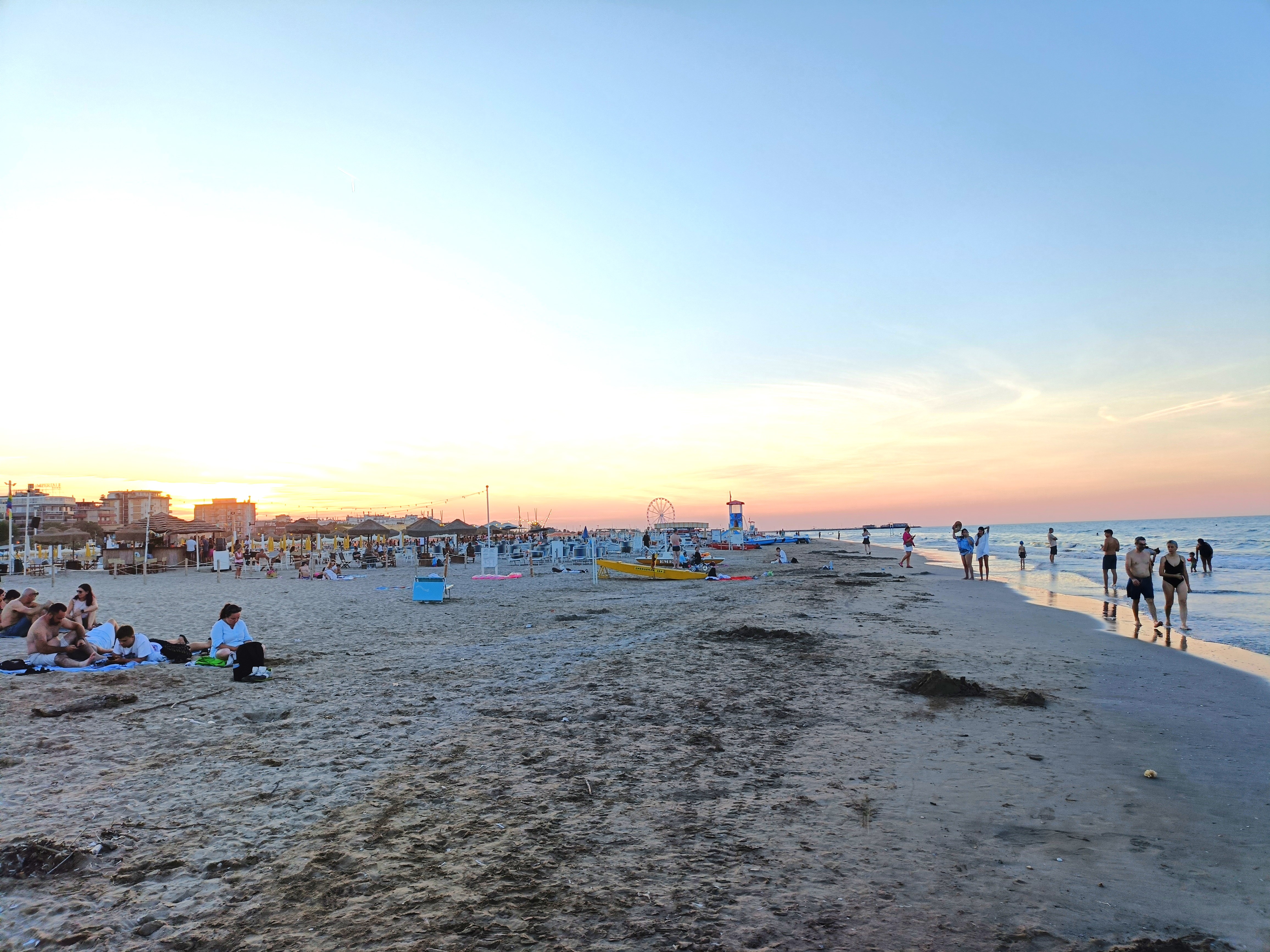
Last September, I chose to retire. I was 55 years old.
The decision came after nearly 40 years of working full-time and then part-time while raising a family. The mortgage and cars were paid off, our child was settling into uni life and part-time work, and we had a couple of investment units I was managing. My husband loves his job and was fully supportive of my decision.
Upon reading this, like many people I know, you might be feeling a little bit, well, judgy.
"It's alright for some!" is a common, somewhat bitter, crow that I get from my work-weary mates.
Other responses include: "But what do you do all day?" "Aren't you a little young for retirement?" "Pfft. I'd be bored out of my mind."
These are often said with a slightly curled lip, a furrowed brow and distinct air of, well, disapproval that I'm just being lazy.
The resultant shame and guilt I feel about my decision is surprising as well as saddening. And I get it: I am lucky to be in a position to be able to do it. And here I am, having a whinge about it. Boo hoo!
Watch: Jana Pittman speaks about retirement on Insight. Post continues below.



Top Comments